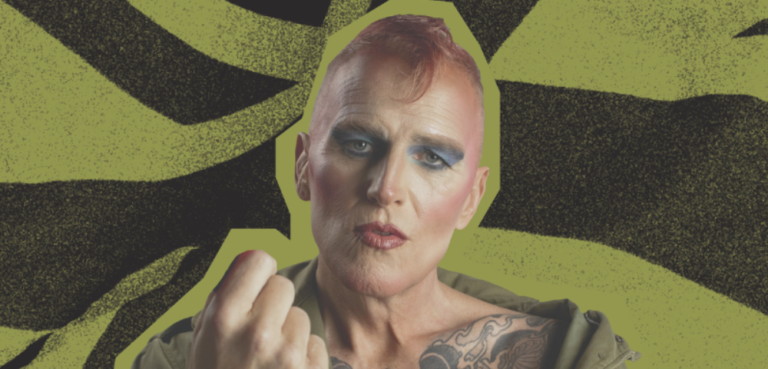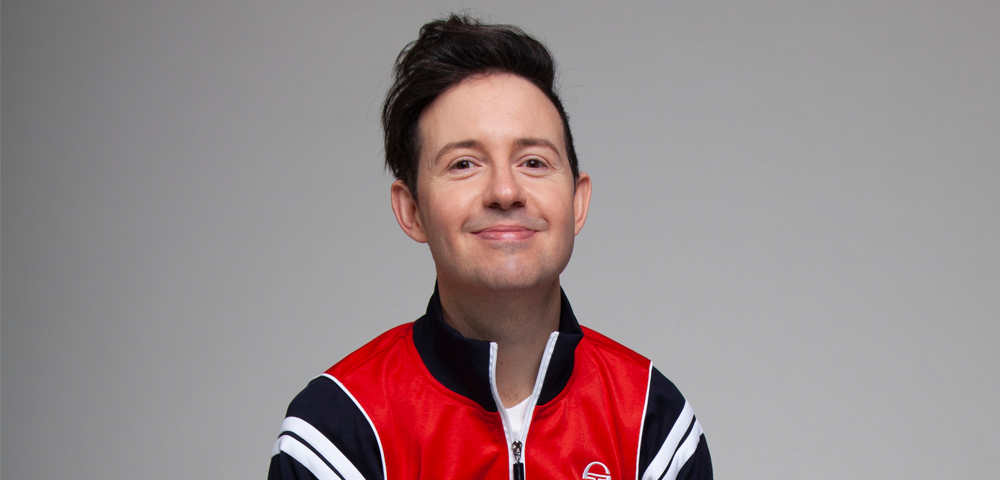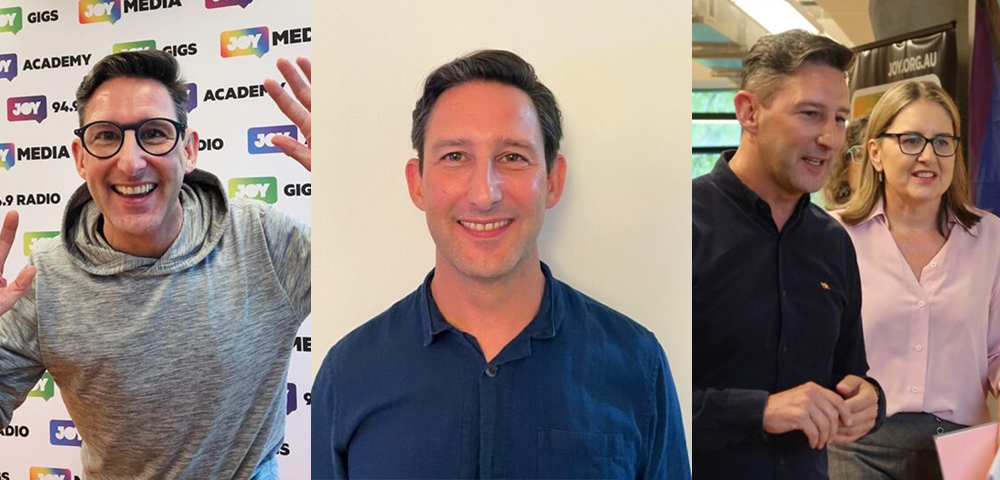
ACON, Thorne Harbour welcome new Australian Press Council guidelines
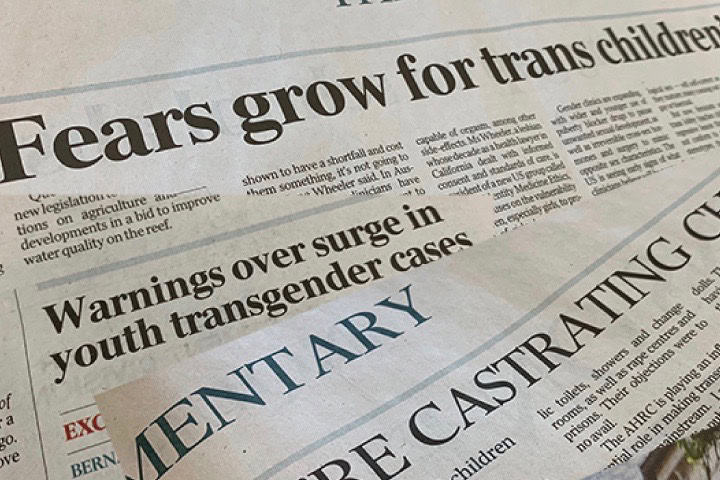
After the number of slanted articles published by The Australian vilifying Australia’s trans and gender diverse community, and other anti-LGBTQI reports across Australia’s media landscape, the Australian Press Council has released advisory guidelines for reporting on persons with diverse sexual orientation, gender identity, and sex characteristics.
Proposed guidelines were put on the table in November 2018,, and after extensive research and community consultation with editors, journalists, peak community and health organisations, mental health specialists, people with lived experience, police and academics, they have been released.
With the process including roundtables in Sydney and Melbourne, as well a number of individual consultations with stakeholders, the guidelines provide guidance for reporters interviewing people with diverse sexual orientation, gender identity and/or sex characteristics, publications and Press Council adjudication panel members and staff.
“It’s excellent to see The Press Council release these guidelines,” CEO of Thorne Harbour Health Simon Ruth told the Star Observer.
“They conducted community consultations with a number of organisations and individuals resulting in a carefully considered document.
“We applaud The Press Council’s leadership in this area as we have seen too many occasions in the past where irresponsible reporting has had detrimental impacts on the health and wellbeing of members of our LGBTI communities.”
While the guidelines are not binding, they help the media and publishing industry improve the quality of reporting on issues related to people of diverse sexual orientation, gender identity and sex characteristics.
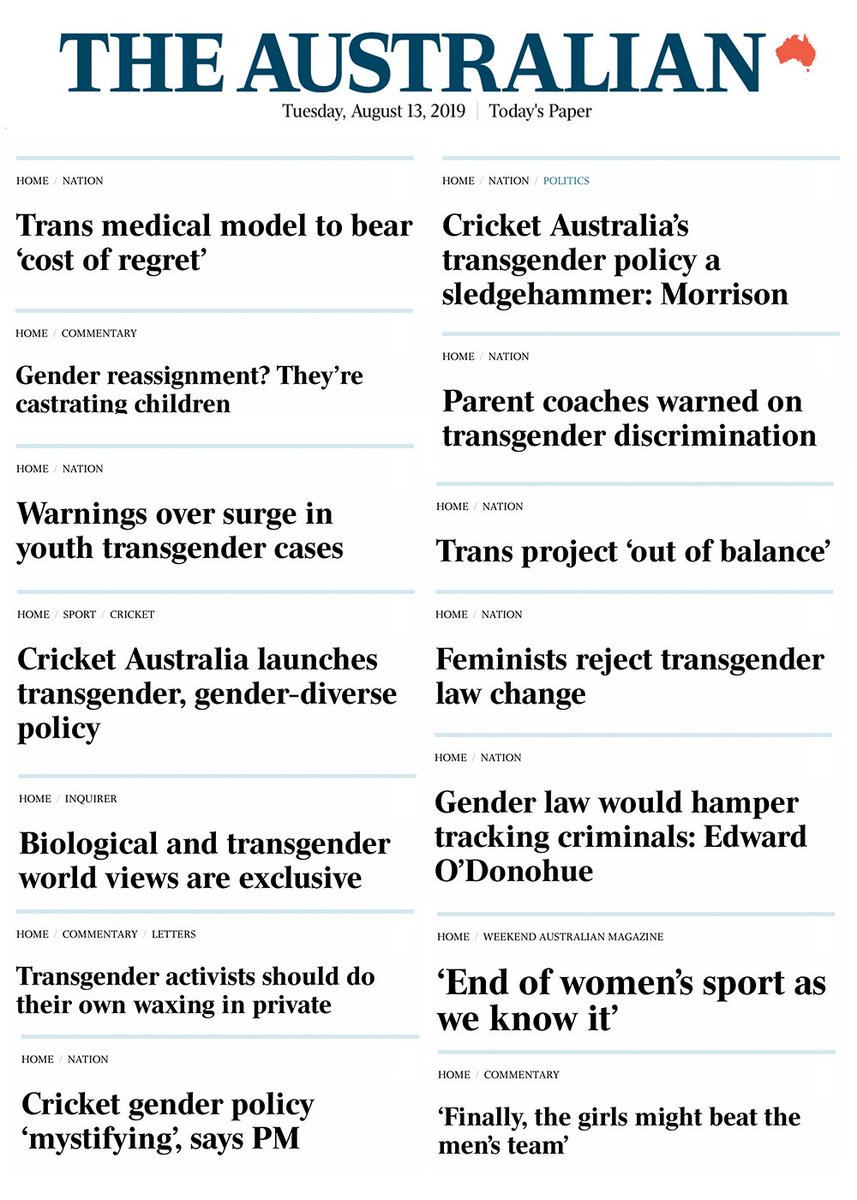
“We know from ACON’s own work with journalists, there is a need for a trusted source of advice on what constitutes good reporting, accurate use of language and an awareness of the issues for sexuality and gender diverse people and people with variations of sex characteristics,” said ACON Deputy CEO Karen Price.
“ACON recognises the critical role of the media to inform, entertain and reflect on a broad range of issues in Australian society. Quality journalism is a foundational element to the effective function of our democracy.
“While not binding, we know that journalists and editors want to get it right, and the new Guideline provides a good reference point to support better quality reporting.”
Both ACON and Thorne Harbour Health were part of the Australian Press Council’s consultation, which represents an important step forward informing and educating journalists.
“Given our communities’ experience of verbal and physical abuse and concerning rates of mental health problems, reporting that is salacious, stigmatising or aims to create ‘click bait’ headlines can cause real damage. These pieces contribute to attitudes and environments in which our communities feel fearful, misunderstood and excluded,” Price added.

“Our communities have felt the impact of uninformed and divisive reporting. As has been the case with guidelines around the reporting of suicide and HIV, we know that journalists and publications can make a real difference in reducing harm and increasing community understanding and awareness.
“These are important issues for everyone, but even more so for vulnerable people who experience the damaging impact of reporting that falls below accepted standards. We believe with this Guideline, the Australian Press Council has made an historic and important contribution.
“ACON hopes … it will mean more accurate, fair and non-prejudicial reporting that helps to promote a sense of inclusion and safety for people of diverse sexualities and genders, and with variations of sex characteristics.
“We congratulate the Australian Press Council on this work and commend them for taking the initiative in support of their members.”

